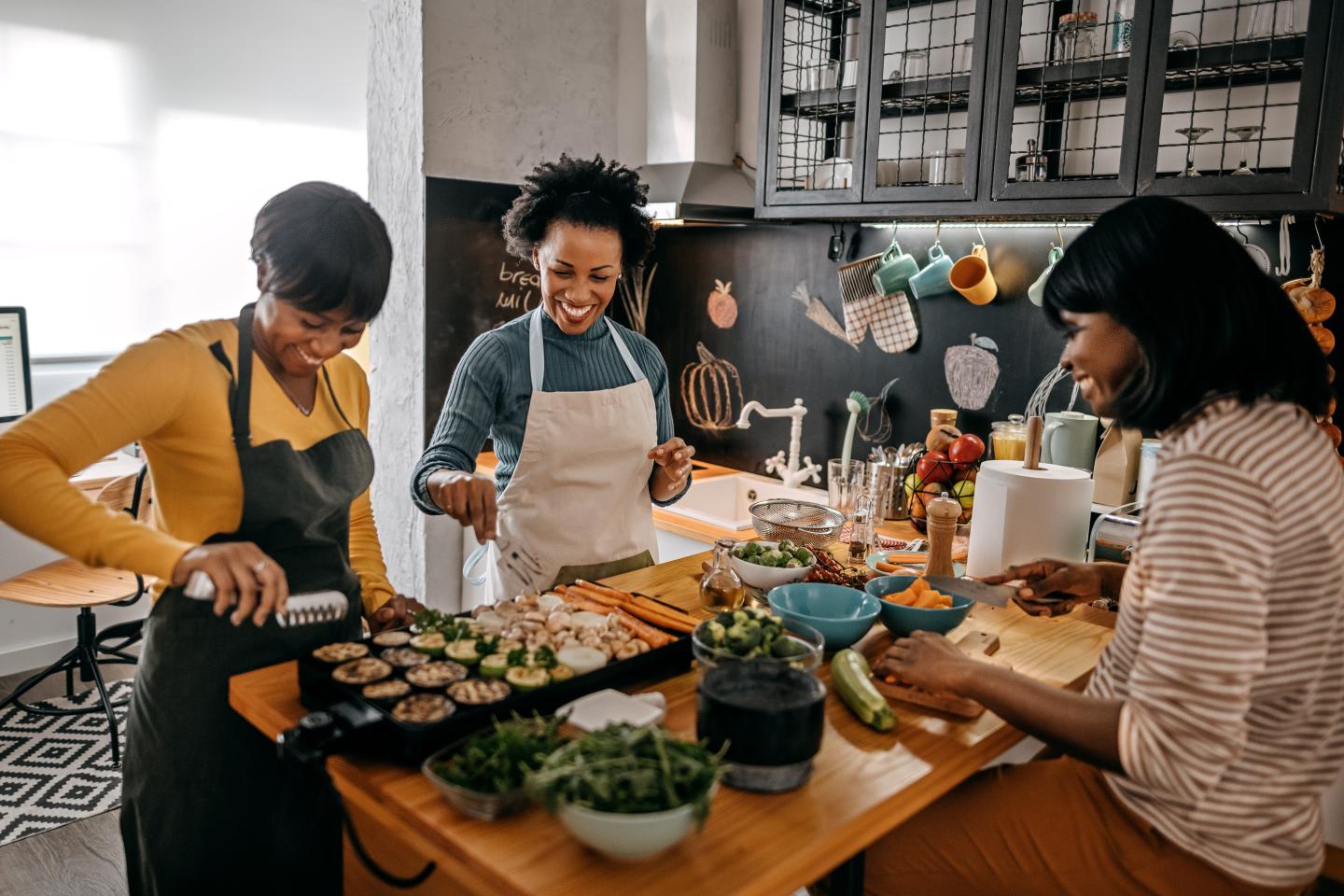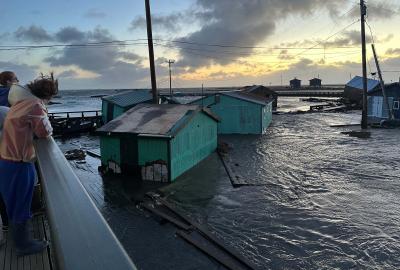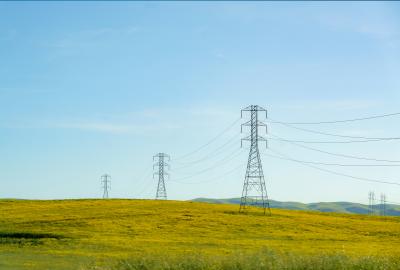What to say if climate change comes up over the holidays

Believe it or not, talking about climate change is one of the most powerful things you can do to help slow warming. That's because we tend to have the most influence on those closest to us. (For example, research shows that when someone you know installs solar panels, you become more likely to consider solar energy too.)
But how do you do that without making your holiday dinner awkward?
"Focus on discussing what people think could be done and why that would help," says Environmental Defense Fund’s Rainer Romero-Canyas, a social behavioral scientist. "If people can have good, civil conversation, even if they do not end up agreeing on anything, that's a win."
Here's how to handle the conversation gracefully:
1. If you disagree, don’t attack. Ask questions
“When asked to explain our own positions, we are more likely to see the holes in them,” says Romero-Canyas. “But if you antagonize someone, most people will just double-down on their ideas.”
For example, if someone says that the Earth is flat, you might ask them where they learned that or why they believe that. If you start by hearing someone out and asking for evidence, you can then counter false information more easily, he says.
If the conversation doesn’t go well, remember that it can be hard for people to accept that they may be wrong. Instead of belaboring the topic, consider sharing a link to correct information that they can look at later, and move on.
2. Focus on what people can actually do
Most people are worried about climate change. They just don’t know what they can do about it. Since food is often a topic over the holidays, you might mention the value of composting your food waste.
“Food is a great topic because wasting less food is one of the most effective things individuals can do to fight climate change,” says Fiona Lo, a climate scientist at Environmental Defense Fund.
Why is reducing food waste so effective? Because when your leftovers rot in landfills, they produce methane, a potent greenhouse gas that has 80 times the warming power of carbon dioxide over the first 20 years after it reaches the atmosphere, Lo says. That makes keeping methane out of the atmosphere a powerful way to help slow global warming.
3. Find opportunities for connection
Instead of trying to prove a point by citing statistics, Romero-Canyas advises talking about why you care. “Facts, numbers and details have less impact than we think they do,” he says.
For example, if your child has asthma and struggles to breathe on days with poor air quality, you might talk about how pollution exacerbates your child's illness, in addition to warming the planet.

Think of your conversation as planting a seed rather than winning an argument. And if things do get heated, remember why you’re there.
“For most of us, our goal over the holidays is to have a good time with family and friends,” Romero-Canyas says. Plus, he says, research shows that if you’re trying to persuade someone, when you deliver your message is just as important as what you say.
“If you go into a sacred moment and pick a fight, you’ll end up polarizing family members even more,” Romero-Canyas says. “The most important thing to focus on over the holidays is connecting with your loved ones.”


